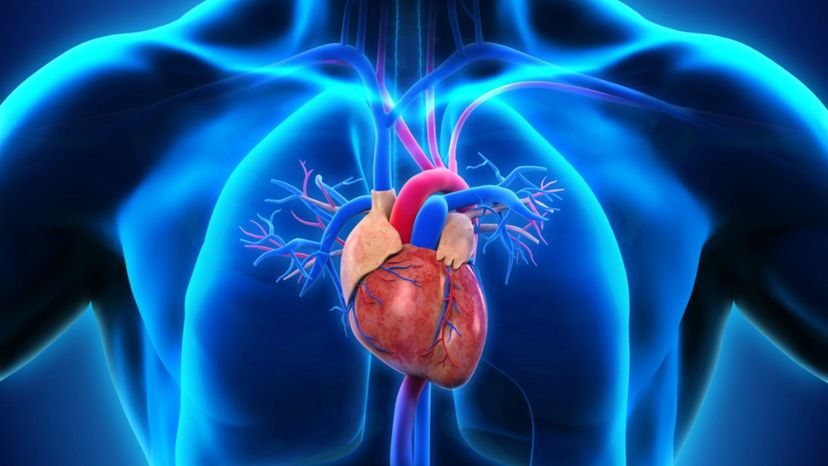
About This Quiz
Are you nervous?! You shouldn't be, but you better hope your body is! The systems of the human body help keep you alive and functioning, but just how much do you know about them? From your hair, skin, and nails to the kidneys, can you pass this quiz?
In biology and anatomy, one of the most important things you'd learn about is the systems of the human body. Each system has its own function to help the body run smoothly. Things as simple as breathing or moving your arms are controlled by a complicated and complex system in your body. How well do you know these systems?
While some systems are simple to understand, others may be a bit more complex. The system that helps protect the outside of your body might be easy to comprehend, but what about the system that works via nerves, brains, and muscles?
What do you know about the lymphatic system? Do you know which systems aid with blood flow or filtering the blood? Could you name all the organs that make up the reproductive system?
The human body is a very complex thing which is why it needs so many systems to help it function. Can your body help you function long enough to pass this quiz? Let's find out!
We hope you digested all your anatomy knowledge and are ready to use it for this quiz!
Advertisement
Advertisement
Advertisement
Advertisement
Advertisement
Advertisement
Advertisement
Advertisement
Advertisement
Advertisement
Advertisement